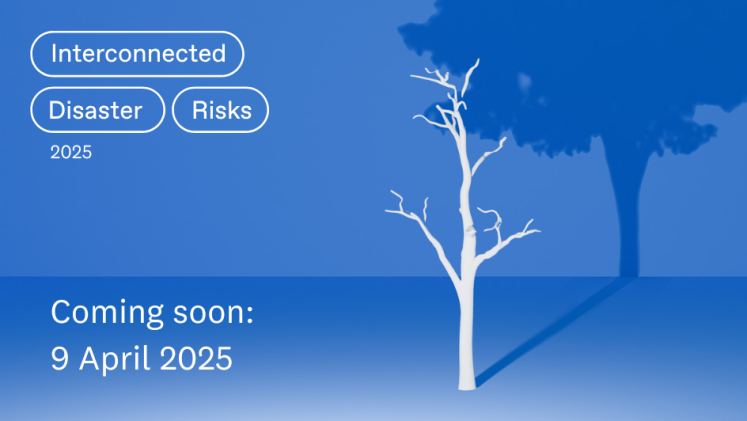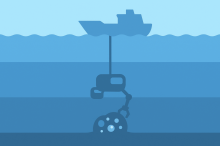When: Wednesday, 9 April 2025, 11.00 a.m. CEST
Where: Virtual event. Please register here.
Available assets upon request: Press release (multiple languages), media copy of the full report, executive summary of the report, technical background reports, expert interviews (possible languages: English, Spanish, German, Turkish), images, videos – all under embargo and only available to journalists
Who:
- Dr. Zita Sebesvari, Lead Author and Deputy Director of United Nations University – Institute for Environment and Human Security
- Caitlyn Eberle, Lead Author and Senior Researcher, United Nations University – Institute for Environment and Human Security
Why:
The 2025 edition of the report answers a highly relevant question: if we know what we need to do, why aren’t we doing it? For several decades, we have known about the massive crises we are facing, such as climate change, biodiversity loss or waste. We know the problems, and we know many good solutions, too. But the pace of progress remains slow and does not seem to match the severity of the problems. In some cases, it can even appear as though society is making no progress at all or moving backwards. The report analyses why that is, and provides a framework on how we can get past these hurdles and make a real difference.
The report discusses five deep changes that can address many of the world’s most pressing problems, and it offers specific entry points to bring them about most effectively. Throughout, it highlights dozens of positive tangible examples already happening all around the world and showcases what is possible.
Interconnected Disaster Risks is a science-based report designed to be accessible to the general public. It is published by United Nations University’s Institute for Environment and Human Security (UNU-EHS). First released in 2021, it has a different topical focus for each edition, with the aim to shed light on the interconnections that are at the root of today's global challenges, as well as solutions. The main report is supplemented with five technical background reports featuring more in-depth scientific analysis for each of the cases highlighted in the main report.
For more information or to arrange an interview, please contact:
| Nadine Hoffmann Head of Communication United Nations University Institute for Environment and Human Security Mobile: + (0) 49 151 2672 1390 (mobile) n.hoffmann@vie.unu.edu | Austin Gonzales Senior Communication Assistant United Nations University Institute for Environment and Human Security Mobile: + (0) 49 151 2672 1390 (mobile) gonzales@vie.unu.edu |





